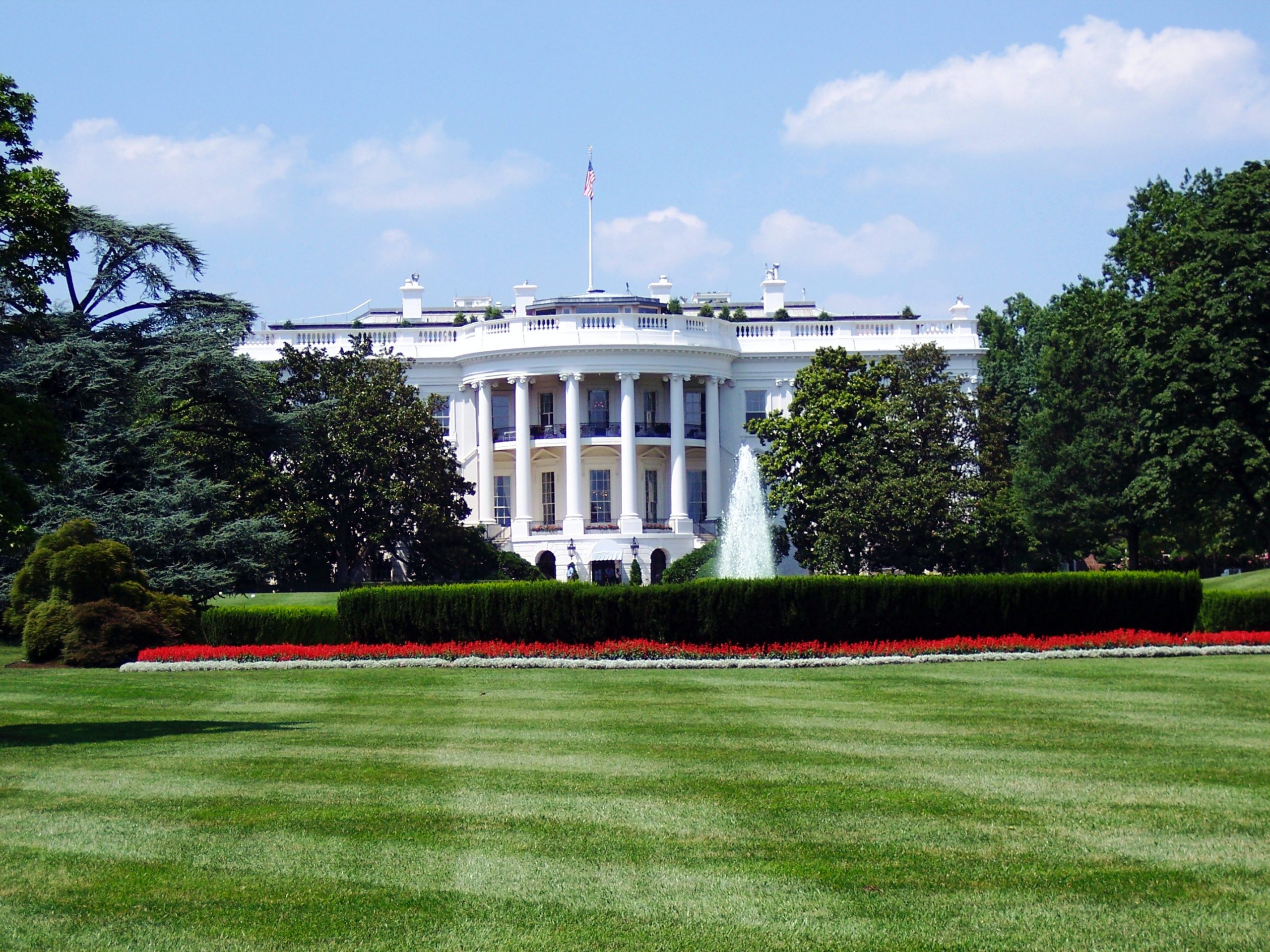The Perils of Weaponizing the US Justice Department: A Historical Perspective on Government Tyranny
The United States of America, founded on principles of liberty, justice, and the rule of law, has long been a beacon of democracy and freedom. A crucial element of this democratic structure is the independence and impartiality of its justice system, designed to uphold the rights of every citizen and protect them from government overreach. However, throughout history, there have been instances where the power of the US Justice Department has been weaponized to target political enemies, leading to disastrous consequences and threatening the very fabric of democracy. This article delves into the dangers of weaponizing the US Justice Department and explores historical examples where it has resulted in grave government tyranny.
The Independence of the Justice Department
The US Justice Department, established under the Judiciary Act of 1789, operates as the chief law enforcement agency of the federal government. Its mission is to ensure equal justice for all, upholding the rule of law without bias, discrimination, or favoritism. The independence of the Justice Department from political influence is essential to safeguarding the rights and liberties of American citizens.
The independence of the US Justice Department is a cornerstone of the American system of checks and balances. While it is part of the executive branch, the department operates autonomously within it, free from direct political influence. The Attorney General, who leads the department, is appointed by the President and confirmed by the Senate. However, their primary duty is to enforce the law and uphold the Constitution, rather than acting as a personal advocate for the President’s agenda.
Overseeing a vast network of agencies, including the FBI, DEA, ATF, and the United States Marshals Service, the Attorney General ensures that laws are faithfully executed without bias. Within the Justice Department, career prosecutors and law enforcement officials maintain a commitment to professionalism, integrity, and impartiality. Decisions are based on facts and the law, not influenced by political considerations, to ensure equitable justice for all, regardless of their political affiliations or social standing.
In cases where conflicts of interest or potential biases arise, officials, including the Attorney General, are expected to recuse themselves from decision-making processes, further reinforcing the department’s independence and integrity. This protection against political interference allows career employees to fulfill their duties without fear of retribution for pursuing sensitive or politically challenging cases.
The independence of the Justice Department is vital in preserving the rule of law and democratic principles. It acts as a check against potential abuses of power and government overreach, safeguarding the very foundations of democracy. Nevertheless, the department is subject to oversight mechanisms, with Congress playing a crucial role in scrutinizing its activities through hearings, investigations, and budgetary control.
By upholding the principles of fairness, impartiality, and respect for the rule of law, the US Justice Department continues to serve as a safeguard for democracy, ensuring the protection of the rights and liberties of all American citizens.
Dangers of Weaponization
When the US Justice Department is weaponized to pursue political vendettas, it directly undermines the rule of law. Instead of upholding the principles of justice, the agency becomes a means to serve the interests of a particular group or individual in power. This erosion of trust in the justice system weakens the foundations of democracy, as citizens lose faith in the impartiality and fairness of their institutions.
Weaponizing the Justice Department often leads to the infringement of civil liberties. Individuals targeted for political reasons may find themselves facing unfounded charges, being denied due process, or having their constitutional rights violated. Such abuses of power set a dangerous precedent and jeopardize the fundamental rights that democratic societies hold dear.
The misuse of the Justice Department to go after political enemies exacerbates societal divisions and deepens political polarization. Rather than fostering a sense of unity and cooperation, this manipulation of justice fuels mistrust, fear, and hostility among the populace. A nation divided by internal strife is weakened and more susceptible to the erosion of democracy.
Historical Examples
Watergate Scandal (1972-1974)
One of the most notorious examples of weaponizing the Justice Department was during the Watergate scandal. President Richard Nixon’s administration sought to silence political opposition by using government agencies, including the Justice Department, to cover up illegal activities. The infamous break-in at the Democratic National Committee headquarters was just the tip of the iceberg. Officials within the Justice Department were complicit in obstructing investigations, withholding evidence, and undermining the rule of law. The fallout from the scandal resulted in President Nixon’s resignation and a profound loss of public trust in the government.
Palmer Raids (1919-1920)
In the aftermath of World War I, fear of communism and anarchism gripped the United States. Under Attorney General A. Mitchell Palmer, the Justice Department launched the Palmer Raids, targeting suspected radicals without regard for due process or constitutional rights. Thousands of individuals, including immigrants, were arrested, and some were even deported without evidence of any criminal activity. The Palmer Raids stoked an atmosphere of fear and repression, with the government trampling on the rights of its own citizens in the name of national security.
Joseph McCarthy’s Communist Witch Hunt (1950s)
Senator Joseph McCarthy’s crusade against alleged communists within the US government and other institutions exemplifies the dangers of weaponizing the Justice Department for political gain. McCarthy’s reckless accusations led to numerous individuals being unfairly targeted and persecuted, often based on flimsy or fabricated evidence. The climate of fear and suspicion bred by the McCarthy era not only ruined lives and careers but also weakened the fabric of American democracy.
Conclusion
History serves as a stark reminder of the dangers posed by weaponizing the US Justice Department to target political enemies. When justice becomes a tool of oppression rather than an instrument of impartiality, the very essence of democracy is compromised. Upholding the principles of an independent and fair justice system is vital to preserving the values upon which the United States was founded. By learning from the mistakes of the past and remaining committed to protecting the rule of law, citizens can ensure that the specter of government tyranny remains at bay, securing a brighter future for democracy.



